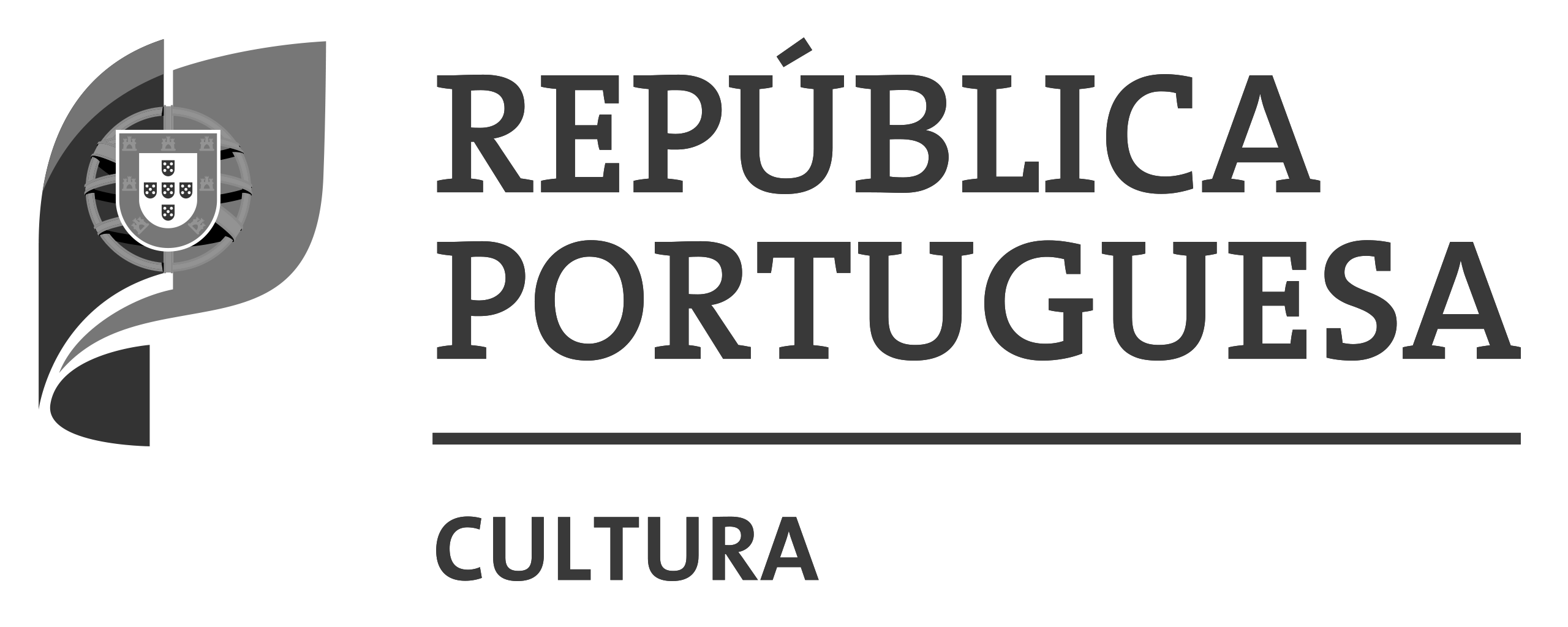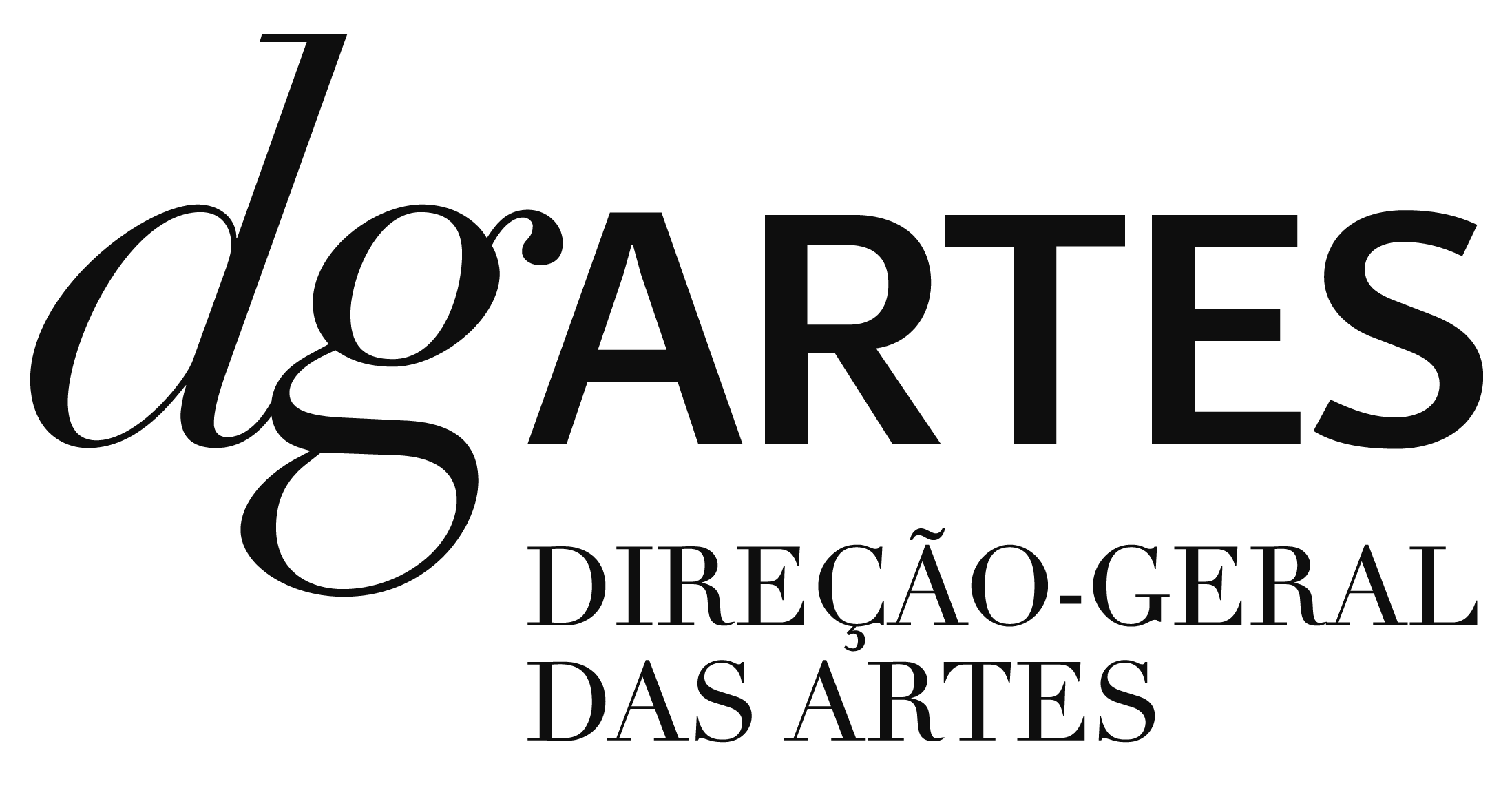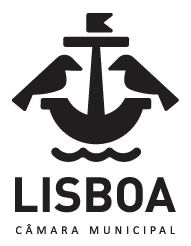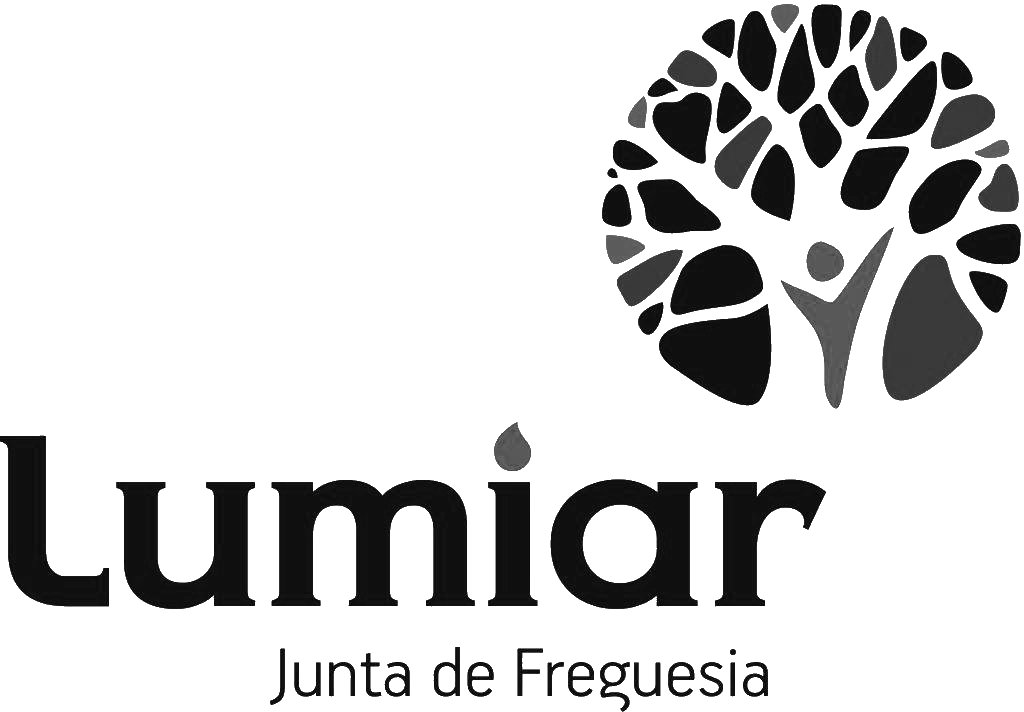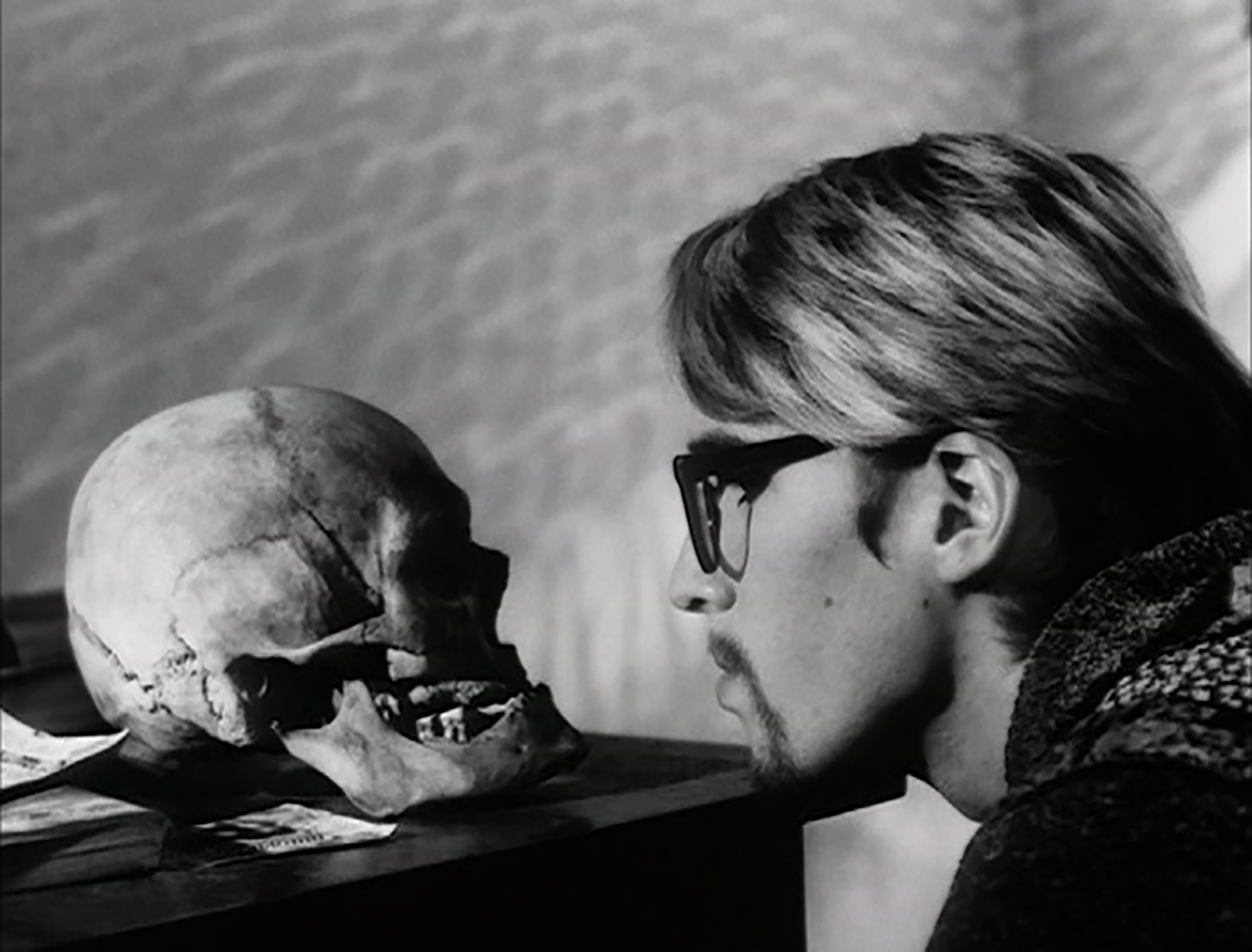
PROBLEMATISING REALITY
Encounters between art, cinema and philosophy
Programme 4
Emily Wardill, Michael Marder
Goethe-Institut, Auditorium
17.12.2018
Kira Muratova, Chekhovian Motifs (Chekhovskie motivy, 2002)
Chekhovian Motifs (Chekhovskie motivy, 2002, 120 Min.) by Kira Muratova
Discussion: Emily Wardill, Michael Marder
Artworks, especially those that comprise documentary material, can offer a particularly challenging appeal to our thoughts about reality. While their indexical link to the reality they address grants images and sounds a specific credibility, the position of the artist, her aesthetic, thematic and political choices and self-reflexive stance, may generate a critical assessment of the very constitution of reality. At such a point, art meets philosophy. In order to reflect on the relationship between the factual world and its subjective appropriation, questioning hegemonic claims to objectivity and problematising the inherent contradictions of society are inherently philosophical issues. ‘Problematising reality – Encounters between art, cinema and philosophy’ is a series of projections and discussions, in a partnership between IFILNOVA (CineLab) / FCSH / UNL, Goethe-Institut and Maumaus / Lumiar Cité and in collaboration with Apordoc / Doc’s Kingdom. These encounters between artists and researchers of international renown focus on the very moments where art, cinema and philosophy enter into a productive dialogue.
The forth programme takes place at the Goethe-Institut Auditorium and brings together artist Emily Wardill and philosopher Michael Marder in discussion around the screening of Chekhovian Motifs (Chekhovskie motivy, 2002), a film directed by the Ukrainian filmmaker Kira Muratova, who passed away last June. In preparing the film, Muratova comprehensively read the work of Anton Chekhov (1860-1904), reflecting on Chekhov’s motifs, themes and characters. Chekhovian Motifs is a free adaptation of two short texts: the tale Difficult People (1886) and the play Tatiana Repina (1889). Through a combination of hyper-realistic and stylized images, Muratova divides the tale in two parts, focusing on a rural family where a student is demanding money to cover the basic expenses related to his departure from home, while in the middle integrating the play in which a wealthy woman marries an opera singer whose former fiancée had committed suicide but returns to haunt the wedding. By bringing together professional and amateur actors, as well as participants from a television comedy show known for its slapstick and crude production quality, Muratova transforms the young man into an observer of the material and intellectual decay of the privileged social classes and a witness of a black and white mummified time evoking the art of silent film from the early years of cinema, when Chekhov's comedies of repetition that serve as the inspiration for the film were originally written.
Emily Wardill has exhibited internationally, including her solo exhibitions at Gulbenkian Project Spaces (Lisbon, 2017); Bergen Kunsthall (2017), The National Gallery of Denmark, Copenhagen (2012); de Appel arts centre, Amsterdam (2010); Contemporary Art Museum St Louis (2011) and Institute of Contemporary Arts, London (2007–08). She participated in the Bienalle of Moving Images, Geneva (2016), 54th Venice Biennale (2011) and in group exhibitions at Hayward Gallery, London; Witte de With, Rotterdam; Museum Moderner Kunst Stiftung Ludwig Wien, Vienna; and Museum of Contemporary Art, Miami. In 2010, Wardill was the recipient of the prestigious Jarman Award and in 2011 The Leverhulme Award. She currently works as a Professor at Malmö Art Academy (Sweden).
Michael Marder is Ikerbasque Research Professor in the Department of Philosophy at the University of the Basque Country, Vitoria-Gasteiz. His work spans the fields of phenomenology, environmental philosophy, and political thought. He is the Associate Editor of ‘Telos: A Quarterly Journal of Critical Thought’ and the author of twelve books, including 'Heidegger: Phenomenology, Ecology, Politics' (2018), ‘Energy Dreams: Of Actuality’ (2017), ‘Dust’ (2016), ‘Pyropolitics: When the World Is Ablaze’ (2015), ‘Phenomena-Critique-Logos: The Project of Critical Phenomenology’ (2014), ‘Plant-Thinking: A Philosophy of Vegetal Life’ (2013), ‘The Philosopher's Plant: An Intellectual Herbarium’ (2014), ‘Groundless Existence: The Political Ontology of Carl Schmitt’ (2010) and ‘The Event of The Thing: Derrida's Post-Deconstructive Realism’ (2009).
Maumaus
Avenida António Augusto de Aguiar, 148 - 3º C
1050-021 Lisboa, Portugal
Monday to Friday, 10h00 to 13h00,
14h30 to 19h00
Tel: + 351 21 352 11 55
maumaus@maumaus.org
Upcoming:
Manthia Diawara
AI: African Intelligence
mumok, Vienna
12.03.2026
ARTIUM museoa, Vitoria-Gasteiz
14.03.2026
The lecture will be in English. Entry is free and limited to the number of seats available.
Upcoming:
Manthia Diawara
Angela Davis: A World of Greater Freedom
Batoto Yetu Portugal, Caxias
Screening | 15.11.2025 | 14h30
The lecture will be in English. Entry is free and limited to the number of seats available.
Upcoming:
Howard Singerman
Local Art Worlds (or Imaginary Geographies with Real Effects)
Goethe-Institut, Auditorium
Seminar | 24, 25, 26.06. 11h – 13h, 14h – 16h
Registration is free but limited to the number of seats available. Please send an email with a short CV to admin@maumaus.org by 15.06.2025. Confirmation of registration will be sent by email. The seminar will be in English.
Lumiar Cité
Rua Tomás del Negro, 8A
1750-105 Lisboa, Portugal
Wednesday to Sunday, 15h00 to 19h00
or by appointment.
Tel: + 351 21 755 15 70
lumiar.cite@maumaus.org

Maumaus/Lumiar Cité is funded by República Portuguesa – Cultura, Juventude e Desporto/Direção-Geral das Artes. With the support of Câmara Municipal de Lisboa and Junta de Freguesia do Lumiar.
